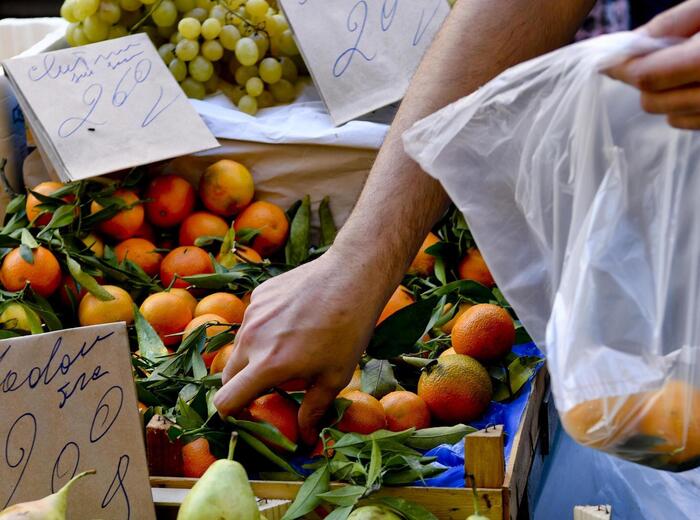The increase in the cost of living in the last year due to the soaring prices
of goods and services is putting a strain on the finances of Italian families.
It emerges from a study by Nomisma, which highlights how
13% of Italian families
believe their income is insufficient to meet basic needs, i.e. essential expenses such as food, or those linked to the home such as rent, mortgage, bills, and so on.
Alongside these, there is then a 43% of families who evaluate their income condition as just sufficient to meet these expenses.
Among the most fragile categories are young people, large families with young children and families who take care of non self-sufficient people.
Soaring inflation and rising prices have severely depressed household purchasing power: more than half of respondents saw energy bills rise by more than 50% compared to year-ago levels, with 16% who claims to have had many difficulties in paying utilities: of these, 4% have accumulated late payments.
To cope with the energy price increases, families first of all had to reduce the expenses deemed "superfluous"
, that is to say those for free time, for cultural and sporting activities.
39% of families who declared themselves having difficulty paying their bills had to reduce even basic expenses such as health care, 31% cut costs in education while 27% showed difficulty in paying the mortgage or the rent of the own home.
And looking at the next few months, the number of families who fear they may encounter serious difficulties in paying their utilities rises to 24%.
In the coming months,
Nomisma therefore expects strong pressure on the Municipalities, with services that could turn out to be "under siege"
.
However, according to the research, positive data continue to arrive from the labor market with an employment rate at historic highs and a very low level of unemployment.
It is no coincidence that in recent months the main reason for the perception of the inadequacy of the economic resources available is represented by the high cost of living (78% of families declare themselves dissatisfied with their income situation), much more than work difficulties (10% ).
The many degrees of vulnerability
There are many degrees of vulnerability and some conditions that lead to objective difficulties.
Among these, the presence of a single source of income: families who consider their income not completely adequate or insufficient to meet basic needs are 57% overall, a percentage that rises to 69% among young people who live alone , and for single parents with children it even reaches 78%.
The absence of a home
is another problematic element, especially if you have to pay rent, a condition that raises to 76% the share of families who consider their income inadequate.
Difficulties increase for those who have a less qualified working activity (73% of blue-collar heads of household consider their income inadequate) and a low level of education (62%), or live in Southern Italy (63%).
Any unexpected expense
could become a serious problem to be faced by 22% of total families, a percentage that rises to 30% among non-elderly single people, 31% for single parents with children, and 41% for families for rent.
Weaker family types
Some family types show weaknesses and needs more than others: they are young adults who live alone, large families with small children and families who take care of dependent people.
Another potentially vulnerable group is represented by large families, especially those with young children.
A third particularly fragile group is that of the so-called "sandwich" families, i.e. those nuclei that have to carry out the double task of caring for children and non-self-sufficient people.
The Nomisma survey also shows that, apart from the family of origin, social services are the main support network for families in difficulty (27% of families in situations of uncertainty would turn to them): in addition to economic subsidies (the 12% of families requested it in the last 5 years), the most requested services are those related to home assistance, both exclusively social (for 5% of total families), and integrated with health services (7% ).








